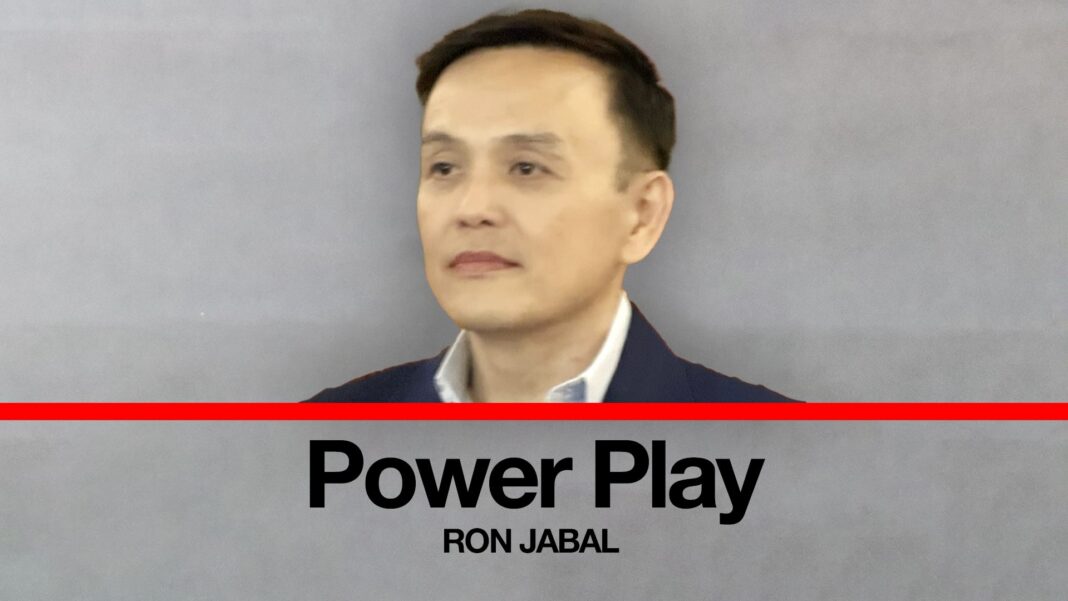The string of raids on Philippine Offshore Gaming Operators (POGOs), exposés of human trafficking, and cyber scam syndicates has reignited public outrage over online gambling in the Philippines. But if we believe this problem began and ends with Chinese nationals or fly-by-night operators, we are fooling ourselves.
The real culprit is not just illegal syndicates. It is the state itself, and the broader ecosystem of corporations, platforms, influencers, and digital payment providers who have enabled, profited from, and normalized online gambling under the guise of economic contribution.
If President Ferdinand Marcos Jr. truly wants to fix the mess, he must stop treating it as a law enforcement problem and start confronting it as a systemic governance failure.
From Policy to Profiteering
Online gambling didn’t creep into our economy; it was invited. POGOs were legitimized under the promise of tax revenues and job creation. PAGCOR, the very agency tasked with regulating gambling, was given a dual mandate: act as both referee and player. This blatant conflict of interest allowed POGOs to thrive while oversight dwindled.
The result? The Philippines became a magnet for digital vice: hosting not only legal POGOs but also illegal hubs engaged in cryptocurrency fraud, sex trafficking, cybercrime, and financial scams, many operating under the protection of private security and political silence.
The Ecosystem of Enablers
1. Corporate Platforms and Media
Digital advertising networks, programmatic agencies, and even mainstream media continue to carry gambling-related promotions, often labeled as “entertainment” or “sponsored content.” Social media platforms like Facebook, TikTok, and YouTube are flooded with livestreams and influencer plugs that glamorize gambling as fun, easy income.
Tech companies and telcos, the silent gatekeepers of access, have done little to block gambling domains, geo-fence known illegal operators, or audit advertiser compliance. Most are complicit through inaction, as long as revenue flows.
2. Celebrities and Influencers
It is now commonplace to see popular content creators, vloggers, and even mainstream celebrities endorsing gambling platforms, offering discount codes, livestream tutorials, and payout “proofs.” They boast “Walang talo dito!” while luring their followers, many of them young, underemployed, or financially struggling, into high-risk betting behavior.
These personalities act as unregulated promoters of addiction, normalizing a predatory vice and making it socially acceptable.
The Role of Payment Platforms: The Wallet as Weapon
Perhaps the most underrated culprit in this crisis is the booming digital payments sector. Platforms like GCash, Maya, and Coins.ph have made online gambling frictionless and nearly untraceable.
• Weak KYC (Know Your Customer) protocols allow users to open multiple accounts with fake or borrowed identities.
• Some platforms offer direct integrations with gambling sites, enabling one-click cash-ins and instant withdrawals.
• Transaction monitoring remains opaque, with no public reporting on how much money flows through these platforms into gambling-related activities.
• And yet, many fintechs continue to present themselves as “financial inclusion champions,” even as they serve as payment rails for crime syndicates.
This isn’t innovation; it’s infrastructure for vice.
What President Marcos Must Do
If President Marcos Jr. wants to restore public trust, he must dismantle the entire ecosystem of complicity. That includes:
1. Declare a Total Ban on POGOs and Unregulated Online Gambling
The Philippines must join regional neighbors like China and Cambodia in shutting down foreign-targeted online gambling. The reputational and national security damage far outweighs the minimal tax gains.
2. Reform or Dismantle PAGCOR
End PAGCOR’s dual role. Strip it of its promotional mandate and convert it into a pure regulator. Or replace it with an independent oversight body, free from conflict of interest.
3. Hold Influencers and Advertisers Accountable
Regulate and prohibit public personalities from promoting gambling platforms, especially on digital spaces accessible to youth. Enforce penalties against platforms and agencies that carry gambling-related ads in violation of community standards.
4. Target Digital Payment Platforms
Require fintechs to:
• Block transactions to unregistered or offshore gambling sites;
• Publish public transparency reports on gambling-linked transactions;
• Face penalties and license suspensions for continued non-compliance.
• Or totally ban payment platforms from carrying gambling portals
5. Create a National Task Force Against Digital Crime
Marcos must form a permanent inter-agency task force with DOJ, AMLC, NBI, DICT, BSP, and BI to hunt down not only gambling operators but also their protectors in uniform, politics, and corporate boardrooms.
6. Launch a National Awareness Campaign
Treat gambling addiction and online scams as public health and financial literacy crises. Invest in education, youth awareness programs, and support services for those trapped in the gambling spiral.
The Bigger Battle: Values vs Vice
This is more than a regulatory issue; it’s a cultural and ethical one. As long as gambling is portrayed as a hustle, platformed as content, and facilitated by legitimate businesses, it will remain embedded in our society. Marcos cannot win this battle by raiding a warehouse or arresting a few Chinese nationals. He must confront the very tools, trends, and people that have made gambling not just possible, but profitable.
The choice is stark: govern with courage or continue governing with convenience.
If this administration truly believes in building a “Bagong Pilipinas,” it must begin by cleaning house, starting with the wallets, screens, platforms, and names that made this crisis not only possible but inevitable.


